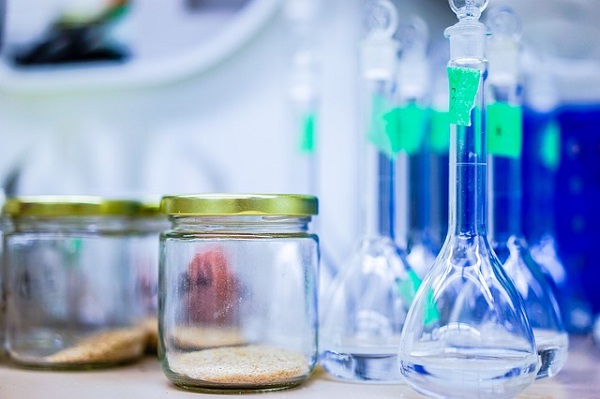
Studying Chemistry in Australia
The Australian chemical industry employs more than 60,000 people, and contributes $145 billion dollars annually to the Australian economy together with other physical sciences. Chemistry remains the largest single scientific discipline amongst all physical science disciplines.
Australia’s economy heavily relies on the mining sector and needs to transform towards a solid manufacturing base and chemistry will be heavily involved in this transition. To do this we need to re-invigorate key areas of the manufacturing sector, and chemistry is one of the most promising areas for investment. To continue to have impact and relevance over the next ten years, Australia needs:
- a vigorous chemistry education system
- an internationally competitive R&D sector
- a cohesive, well-networked marketplace for new products.
Australia has the capacity to discover and develop new chemical products and has the experience, expertise and resources to match or exceed its Asian neighbours in design, innovation and product quality. The high quality education system in Australia, and its strong scientific disciplines, including chemistry will help develop this further.

Australia is well-known for its delivery of high quality education and many internationally known scientists, particularly chemists have origins in Australia. Chemistry degrees in Australia are accredited by the Royal Australian Chemical Institute and are recognised world-wide.
Over 600,000 international students are currently studying in Australia. There are many enrolled in chemistry programs, with a significant proportion of these completing postgraduate Masters and PhD programs. These students arrive from a wide diversity of countries in Asia, including particularly China, Singapore, Malaysia, Indonesia, Vietnam, India, Sri Lanka, Bangladesh, and the Middle East. Chemistry does however attract students form essentially all countries worldwide.
Australia is amongst the world’s best places to live and study. It appears as a very laid back country, but people are hard working. The climate across Australia is very diverse, with the south having cool winters and mild summers, while the north has very mild winters and warm tropical conditions in summer. Australia is adorned with natural beauty. Most cities are on the coast and have very good beaches for swimming, snorkeling and surfing, while the centre of the country is well known as the red outback. In the “World’s most liveable cities” survey, Australian cities consistently rate in the top 10. These surveys are based on assessments of their stability, healthcare, culture and environment, education and infrastructure. Australia is a very safe place to live and study
Of utmost importance to an international student, Australia is very culturally diverse and welcomes international guests. More than 75% of Australians identified with an ancestry other than Australian as their first response to the 2016 Census question; About 3% of Australians identified as being Aboriginal, Torres Strait islander or both; and About 45% reported having at least one parent who has born overseas (Australia Bureau of Statistics 2016 Census).
Tuition fee levels range significantly and are generally set by each institution. These fees are reflected by the status of the University (usually based on international rankings) and the location of the institution. Generally large city based institutions (in Melbourne, Sydney, Brisbane, Perth and Adelaide) and more traditional institutions (> 100 years old) demand the higher student’s fees. All Australian institutions must comply with the Australian Qualifications Framework and the accompanying TEQSA audit process. This mean there is a continual evaluation of all institutions ensuring high quality education is delivered at all locations.

Undergraduate chemistry degrees typically (but not always, some institutions are modifying their undergraduate offerings significantly, so any interested students should consult the institutions of interest for details) comprise three years’ equivalent full-time study and are taught in English. Over the three years, the chemistry increase in complexity, starting with general chemistry at first year, then getting more focused on more detailed areas where the student can concentrate in their areas on interest and expertise. After the three year undergraduate program, most universities offer a one year Honours program where a research project is offered and the student studies some more high level theory. Following the Honours year, many students enter a three year PhD program to study towards their doctorate. This is the place of entry for many international chemistry students who have completed their undergraduate programs overseas.
Recently a Chemistry Decadal Plan was unveiled to have strategic plan for chemistry in Australia for the next ten years. The aim is to advance and promote the value of excellence in chemistry and chemical education and research working closely with industry to advance the chemistry economy.
Professor Peter Junk
Immediate Past President, Royal Australian Chemical Institute
Featured Institutes:
No Results Found
The page you requested could not be found. Try refining your search, or use the navigation above to locate the post.
